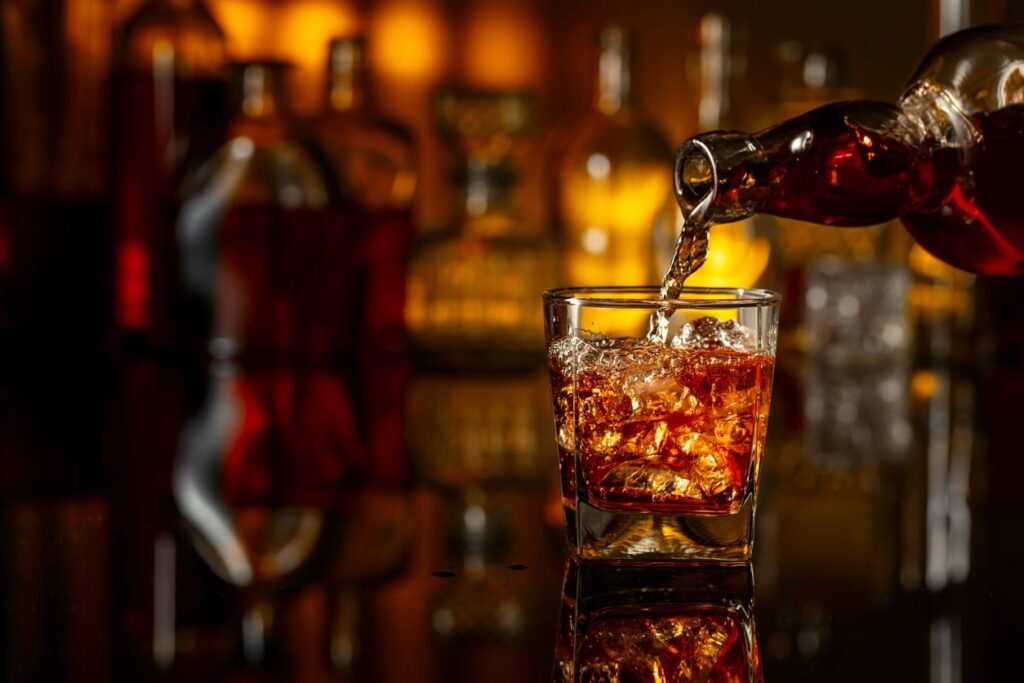Liquor Liability vs General Liability: What Your Business Needs to Know

Running a business that serves or sells alcohol comes with unique risks. Whether you’re a bar owner, restaurant manager, or liquor store operator, understanding the difference between liquor liability and general liability insurance is critical to protecting your business. While both policies provide essential coverage, they serve different purposes and apply in different scenarios.
This guide breaks down the key differences between the two, helping you determine what coverage your business needs.
Understanding General Liability Insurance
General liability insurance is a foundational policy that nearly all businesses should carry. It protects against common risks that may arise during the normal course of business operations. These include:
Bodily injury to customers or visitors
Property damage caused by your operations or employees
Advertising injuries such as libel, slander, or copyright infringement
For example, if a customer slips and falls in your store, or you accidentally damage a client’s property while making a delivery, general liability insurance can cover medical bills, legal costs, and repair expenses.
It’s important to note that general liability insurance does not typically cover incidents related to the sale or service of alcohol. That’s where liquor liability insurance comes in.
What Is Liquor Liability Insurance?
Liquor liability insurance offers specialized protection for businesses that manufacture, sell, distribute, or serve alcoholic beverages. It covers claims arising from alcohol-related incidents, such as:
Drunk driving accidents caused by intoxicated patrons
Fights or assaults involving an intoxicated individual
Injuries or property damage resulting from over-serving alcohol
In many states, establishments that serve alcohol can be held liable for the actions of intoxicated customers under “dram shop laws.” Without liquor liability coverage, your business could face costly lawsuits, legal fees, and damage to your reputation.
Liquor Liability vs General Liability: The Key Differences
While both policies offer important protections, they are designed for different scenarios. Here’s how they differ:
| Coverage Area | General Liability | Liquor Liability |
|---|---|---|
| Alcohol-Related Incidents | Not covered | Covered (if related to serving alcohol) |
| Required By Law | Often required for business licenses | Required in many states for alcohol licenses |
| Typical Claims | Slip and fall, property damage | DUI accidents, intoxication-related injuries |
| Target Business Type | All types of businesses | Bars, restaurants, liquor stores, events |
In short, general liability insurance is broad and covers day-to-day business risks, while liquor liability insurance specifically addresses incidents related to alcohol.
Do You Need Both?
If your business is involved in any aspect of alcohol service—whether it’s selling beer at a grocery store or serving cocktails at a wedding venue—you likely need both types of coverage. General liability will protect you from the usual business risks, while liquor liability will fill in the gaps related to alcohol service.
Some insurance providers may bundle these policies into a business owner’s policy (BOP) or offer tailored packages for hospitality and retail businesses. Make sure to ask your insurance agent about combining coverages to avoid overlaps or blind spots.
Who Needs Liquor Liability Insurance?
Liquor liability insurance isn’t just for bars. A variety of businesses can benefit from or be legally required to carry it, including:
Restaurants and cafes
Nightclubs and lounges
Breweries and wineries
Liquor stores
Event venues and catering services
Convenience stores selling alcohol
Even temporary events such as festivals or weddings that serve alcohol may require a special event liquor liability policy.
State Laws and Requirements
Liquor liability laws vary significantly by state. Some states have strict dram shop liability laws that hold alcohol vendors financially responsible for damages caused by intoxicated customers. Others have more lenient statutes.
For example:
Texas, California, USA , and New York enforce strict dram shop laws.
California has more limited liability but still allows lawsuits in specific cases.
Because of these differences, it’s essential to understand your state’s regulations and ensure you have the right coverage in place.
Choosing the Right Policy
When shopping for liquor liability insurance, consider the following:
Policy limits – Choose limits that reflect the scale and risk of your business.
Coverage exclusions – Read the fine print to understand what’s not covered.
Claims history – Insurers may adjust rates based on your history of alcohol-related claims.
Training and risk management – Some providers offer discounts if your staff undergoes responsible beverage service training.
Working with an insurance agent who specializes in hospitality or retail business coverage can make the selection process smoother.
Final Thoughts
Understanding the difference between liquor liability vs general liability is more than a technical distinction—it’s a crucial part of safeguarding your business. While general liability protects you from a broad range of everyday risks, it won’t help when alcohol is involved. That’s why liquor liability coverage is essential if your operations include serving or selling alcoholic beverages.
Don’t assume that your general policy has you fully covered. Evaluate your business’s exposure, consider your state’s laws, and consult with a licensed insurance provider to ensure you’re fully protected on all fronts.
